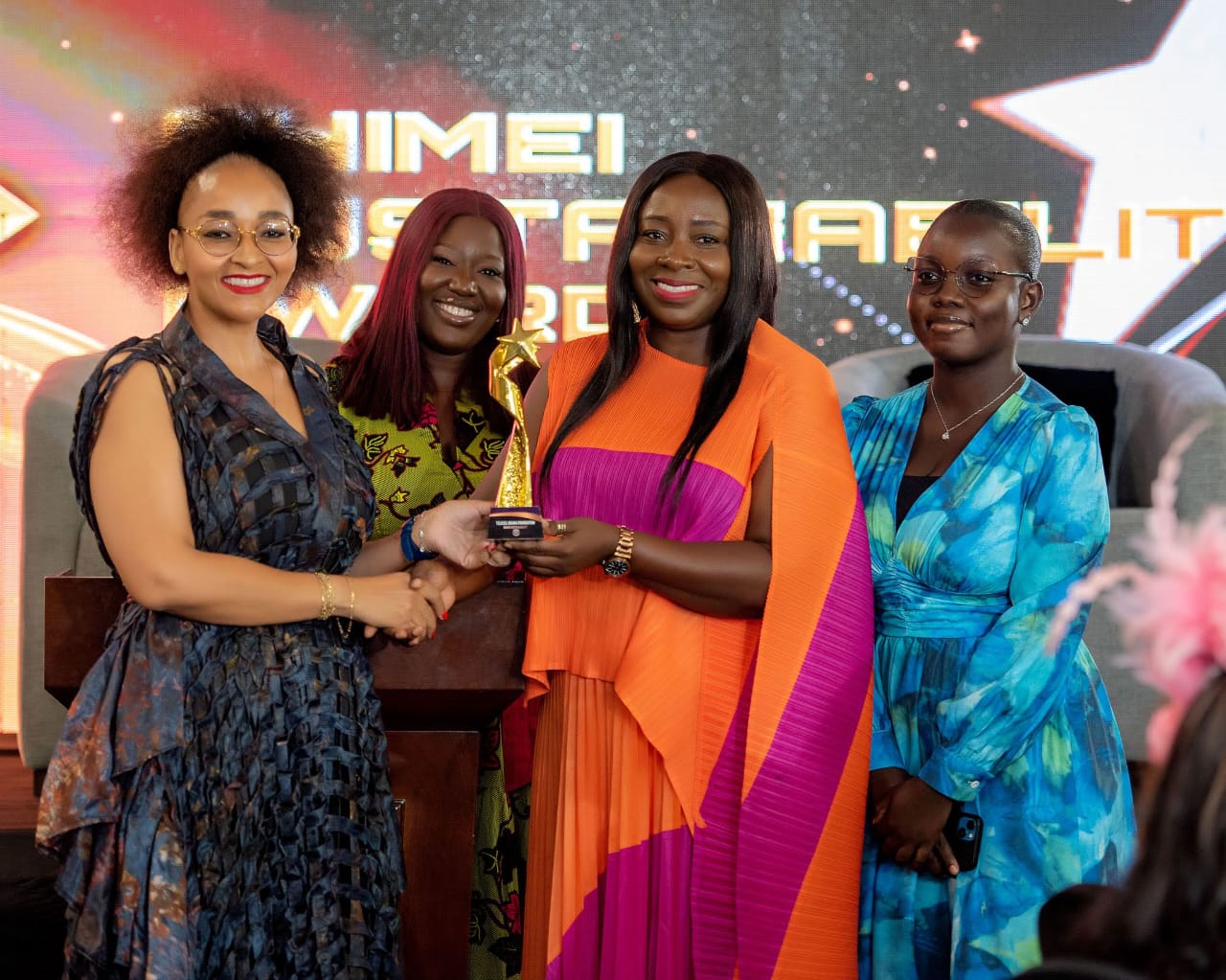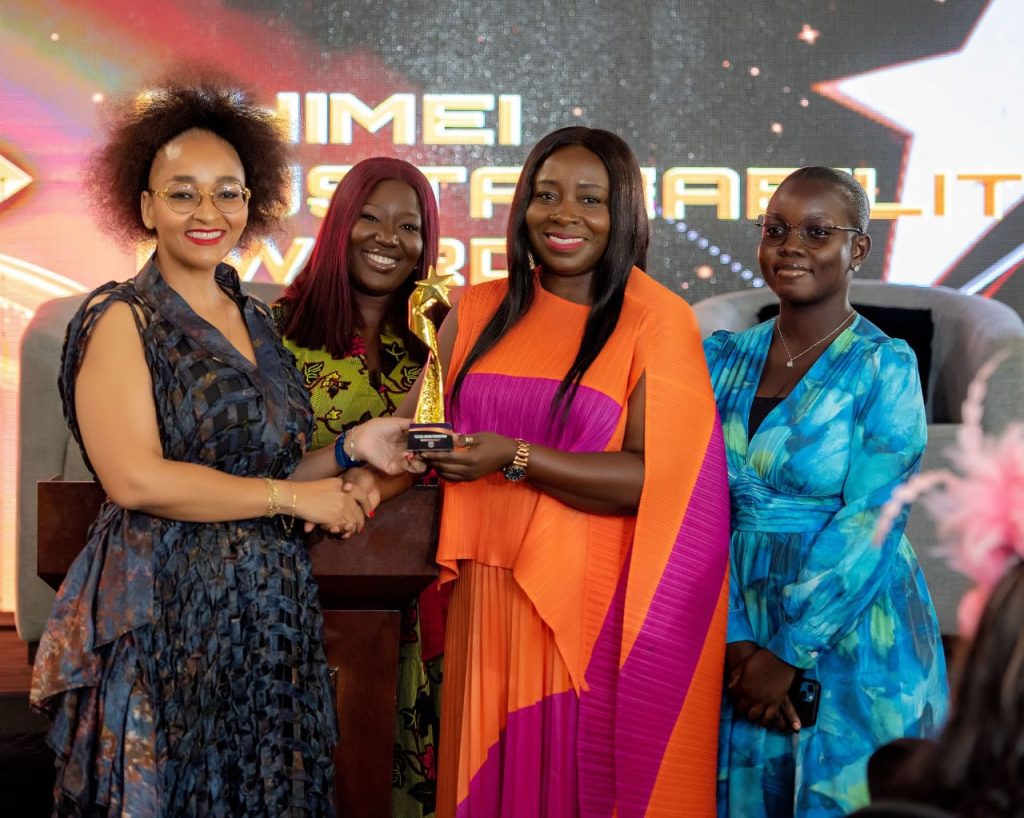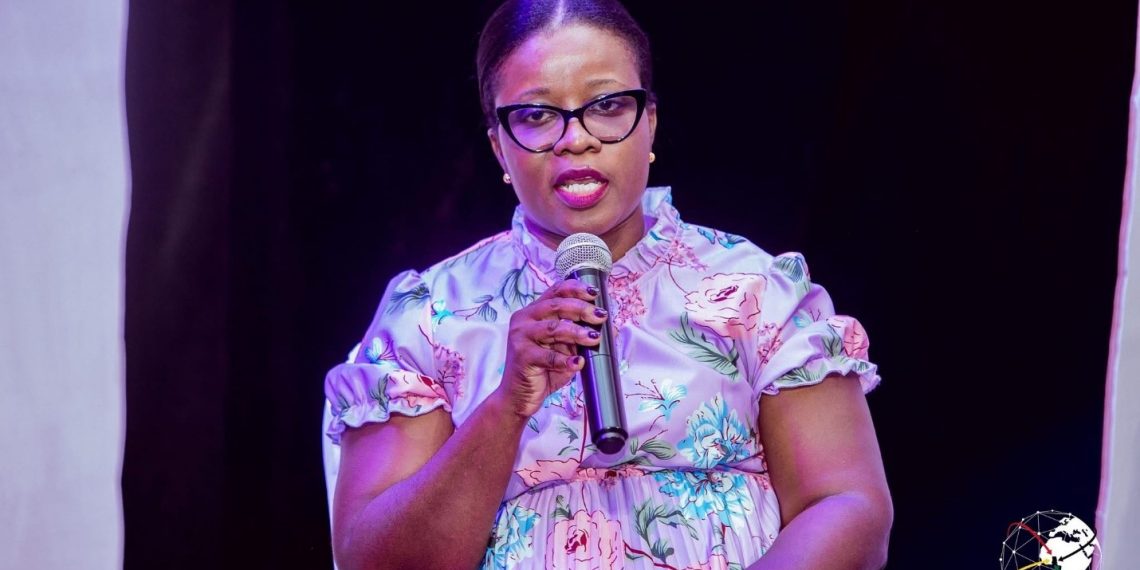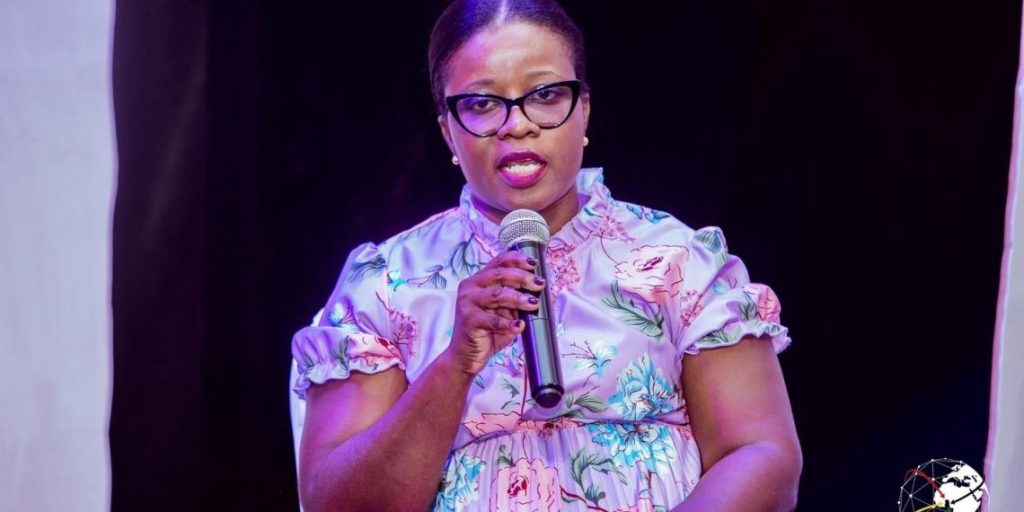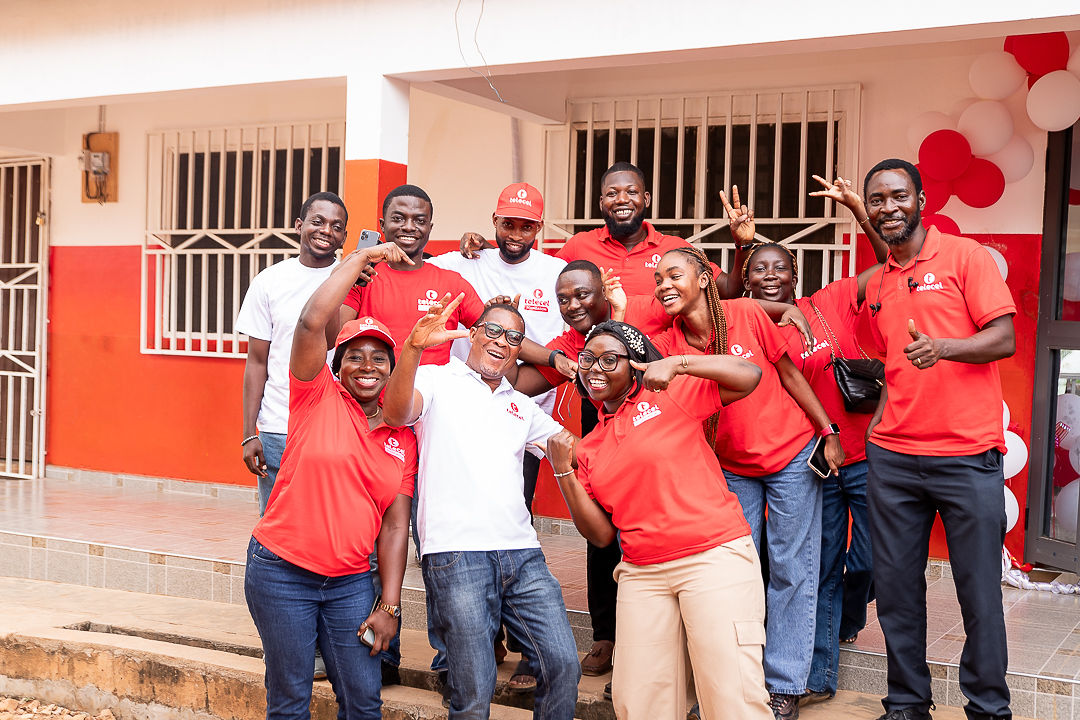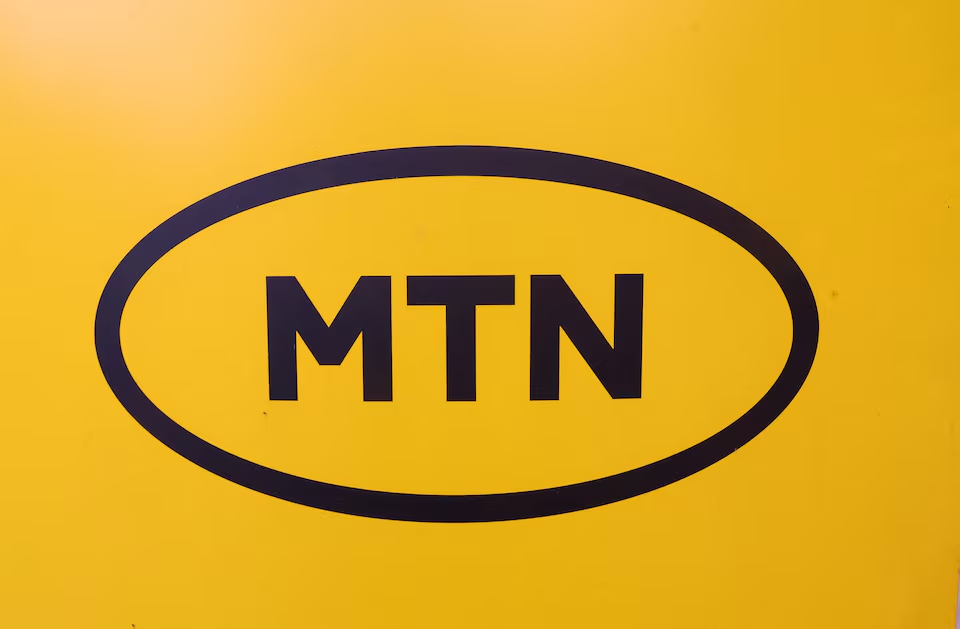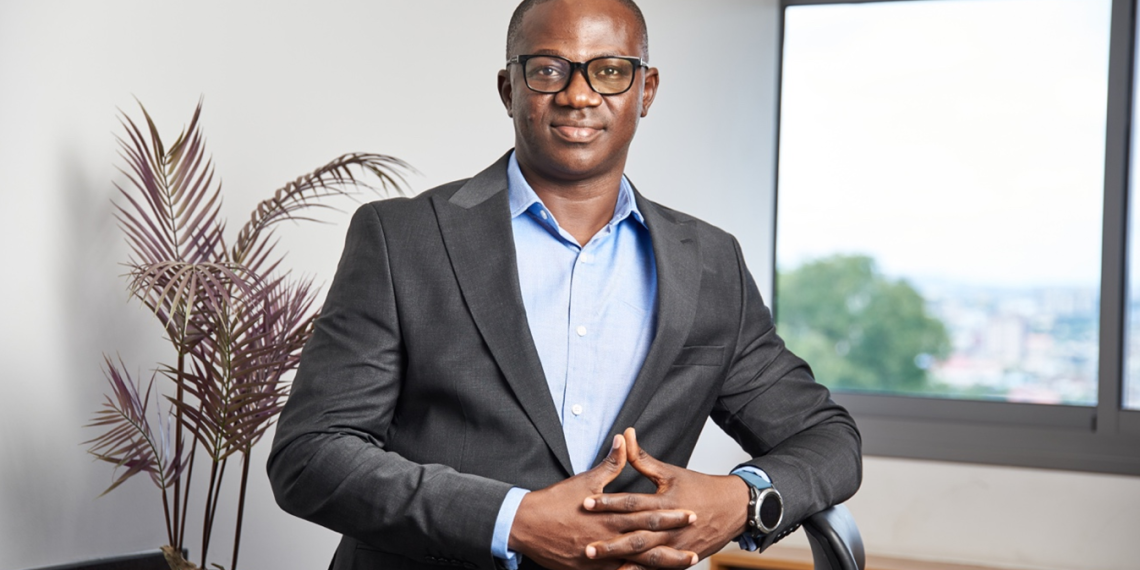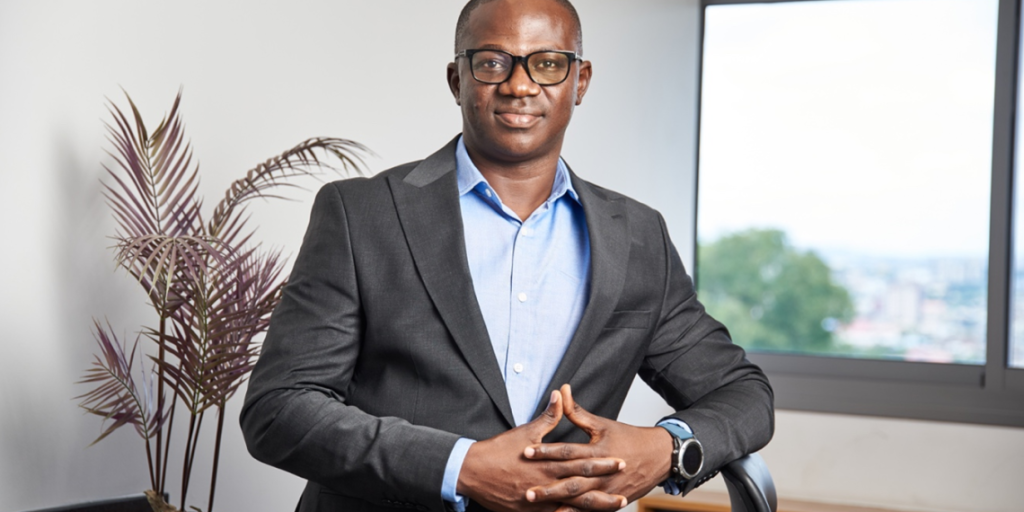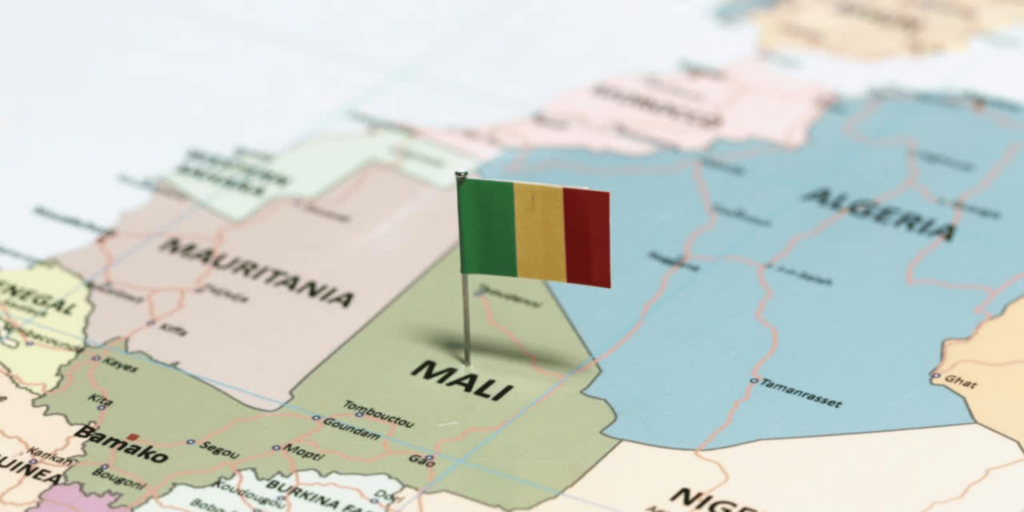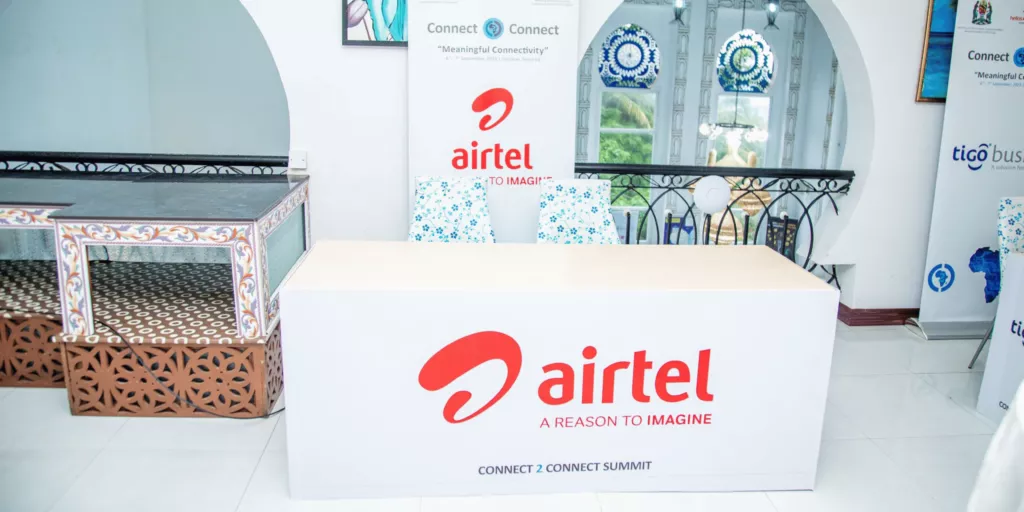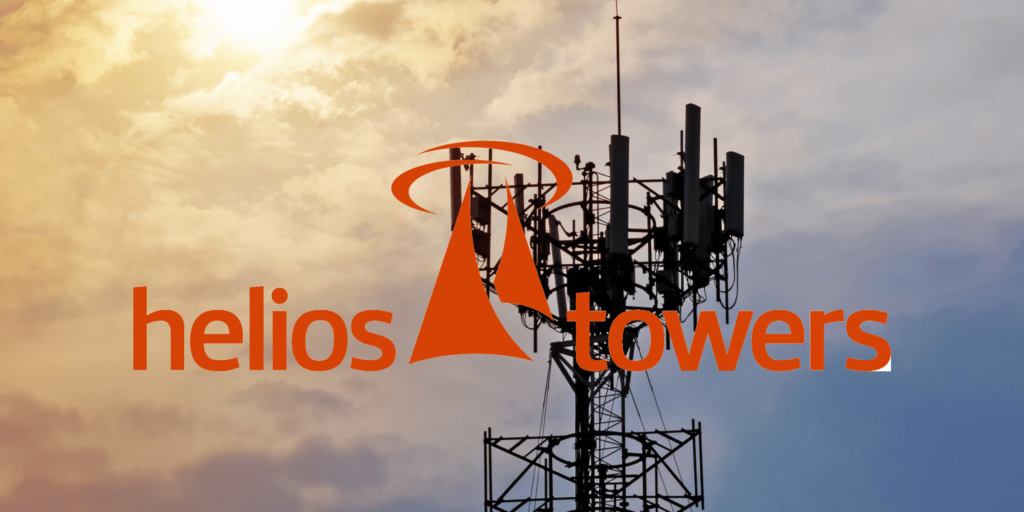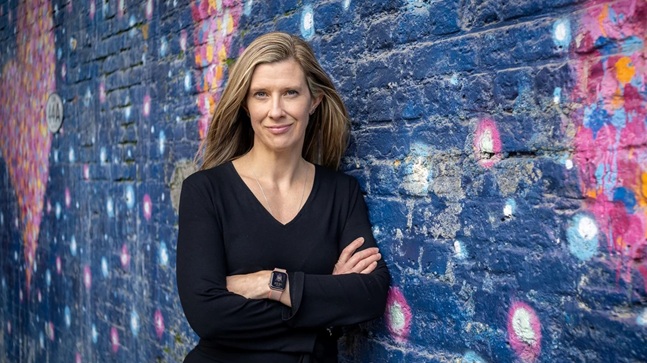
At the midway point of the 5G decade, there is still work to do in the UK to ensure the technology is being used to its potential, with a risk it will end up being monetised in the same way as previous generations, Ericsson UK and Ireland CEO Katherine Ainley (pictured) cautioned.
Speaking to Mobile World Live during MWC25 Barcelona, Ainley said although rollouts for non-standalone (NSA) and standalone (SA) variants of 5G in the UK were broadly going well, there is still a gap in terms of experience for some users.
“There’s lots more to do,” the executive said, adding “it feels quite different in different places. If you’re in an urban area, it’s great. If you’re in a rural area, probably not quite so great”.
Among the challenges cited were further use of mid-band spectrum and expansion of SA 5G, alongside pushing for more devices to be available in the market to support the newer variant. She said there is “still a risk that it’s monetised in a similar way to 4G and 3G, but just with a different badge on it”.
Although noting slicing deployments and “some exceptions”, she added there is an ambition from its operator customers to “get to a world” where people will pay for a premium experience. Examples include consumers paying for better coverage at a concert, or “paying a little bit more because whenever you’re on a Teams call it knows and it kicks in”.
Business momentum
In the enterprise sector, she noted momentum in ports and manufacturing for private networks among other segments, indicating a need to ensure discussions are around actual use cases rather than just the technology.
“Part of the problem is if you talk about a private network, you have to have quite a deep level of understanding to know what that is and why you want it,” noting it is a different conversation if “you say to someone do you want to remove all the wires from your factory, make it super-efficient and know what all your tools and production lines are doing”?
In terms of target sectors in the UK for private 5G deployments, Ainley cited logistics and travel, manufacturing and, “further down the line” public sector with the potential for “big efficiency improvements” in hospitals and the defence sector as examples.
By Chris Donkin


